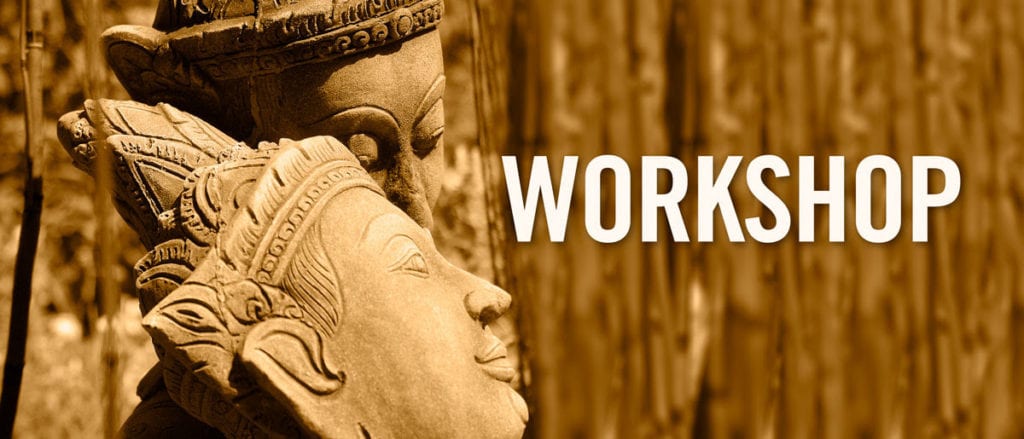Secrets of the Soul

Although the current scientific consensus is that there is no evidence to support the existence of the traditional definition of the soul as the spiritual breath of the body, most people believe they have some form of a soul. And yet ‘soul’ is hard to define and there is distinction and disagreement amongst different religions about what the soul actually is.
In metaphysics, the concept of ‘soul’ may be equated with that of ‘mind’ in order to refer to the consciousness and intellect of the individual. Soul or psyche, which was defined in Ancient Greek as “to breathe”, are the mental abilities of a living being: reason, character, feeling, consciousness, memory, perception and thinking.
Depending on the philosophical system, a soul can either be mortal or immortal. In Judeo-Christian religions, only human beings have immortal souls. For example, the Catholic theologian Thomas Aquinas attributed “soul” (anima) to all organisms but argued that only human souls are immortal.
Other religions (most notably Hinduism and Jainism) hold that all living things from the smallest bacterium to the largest of mammals are the souls themselves (atman, jiva) and have their physical representative (the body) in the world. Jain philosophy is the oldest world philosophy that separates body (matter) from the soul (consciousness) completely. The actual self is the soul, while the body is only a mechanism to experience the karma of that life (i.e. if we see a tiger then there is a self-conscious identity residing in it (the soul), and a physical representative (the whole body of tiger, which is observable) in the world.) Some teachings even state that even non-biological entities (such as rivers and mountains) possess souls.
Buddhism teaches that all things are impermanent, in a constant state of flux; all is transient, and no abiding state exists by itself. This applies to humanity, as much as to anything else in the cosmos, thus, there is no unchanging and abiding self or soul. However, there are scholars who have noted a curious development in Mahayana Buddhist philosophy, which affirms concepts such as Buddha-nature, Rigpa, or “original nature”. They argue that these concepts constitute a non- or trans-personal self, and almost equate in meaning to the Hindu concept of atman, although they differ in that they say that Buddha-nature does not incarnate, except in exceptional cases when Tulkas, or very High Lamas (the Dalai Lama is a Tulku) do reincarnate. This knowing is rooted in the fact that the consciousness, or shes-pa, does not dissolve after death, but has sufficient durability to survive in repeated births. One has to question whether this might not relate to a concept of soul.
As complex a subject as the study of the soul is, learning what the great religions have to teach about the very aspect of ourselves that we identify as enlivening us is both informative and very often transformative!